Introduction
As the Tour de France, an emblematic event in the world of cycling, gears up for its commencement on a Saturday, there's burgeoning discourse around the need for the sport to undergo significant structural changes. Managed by the Ama Sport Organisation (ASO), this celebrated race is a prime example of how professional cycling operates under a decentralized model, which some argue could benefit from the organizational ethos of American sports leagues. The robust frameworks employed by the NFL, NBA, MLB, and NHL offer a blueprint for enhanced stability and financial prosperity, potentially transformative for professional cycling.
Professional cycling, unlike other major sports, involves a plethora of stakeholders. The Union Cycliste Internationale (UCI) holds the reins as the global governing body and oversees the prestigious WorldTour, the pinnacle of men's road cycling competitions. With 18 teams—each comprising 30 riders and boasting budgets between $10 and $40 million—these teams primarily rely on sponsorship. The heavy reliance on sponsorship underscores the volatility and financial instability inherent within the sport. If performance dips, so does the sponsorship, thereby affecting team budgets. Minimum rider salaries are secured through collective bargaining agreements, which provide some financial safety net; however, the absence of centralized governance and revenue sharing leaves much to be desired.
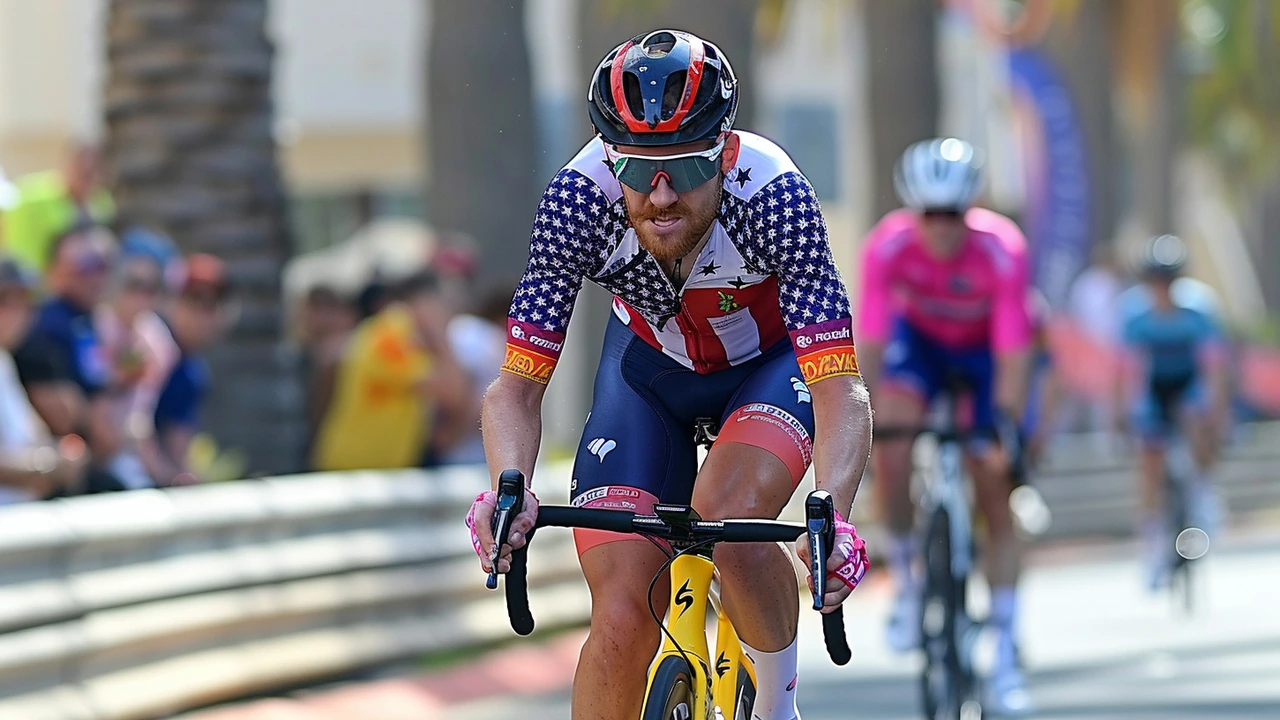
The Case for American-Style Management
In stark contrast, American professional sports leagues thrive on a unified structure. Centralized governance, equitable team ownership, and lucrative revenue generation through broadcasting rights epitomize these leagues. Take the NFL, for instance: revenues are shared among teams, ensuring competitive balance and financial health across the board. This model mitigates the risks associated with underperformance, which is a recurrent issue within cycling. By adopting similar principles, professional cycling could alleviate its financial pressures and ensure a more sustainable future.
Broadcast Rights and Revenue Streams
One of the hallmarks of American sports leagues is their ability to monetize broadcasting rights effectively. Major networks and streaming services vie for the rights to broadcast games, creating a substantial revenue stream. This enables teams to maintain healthy budgets independent of performance metrics. If cycling were to mirror this model, races like the Tour de France could generate significant additional revenue, redistributing it among teams for financial equilibrium. The lack of a primary revenue source outside sponsorships highlights the precarious financial footing of many cycling teams. An infusion of private equity, alongside centralized financial management, could bring much-needed stability.
Private Equity and Financial Stabilization
Private equity has already made inroads in various sports, including European soccer, which is gradually adopting American-style practices. For professional cycling, private equity investment could fund technological advancements, improve team infrastructure, and enhance overall operational efficiency. This would echo the strides made in European soccer clubs that have experienced substantial growth and modernization through similar investments. Private equity’s involvement could also lead to more comprehensive marketing strategies, drawing in a broader audience and further enriching the sport’s popularity and financial health.
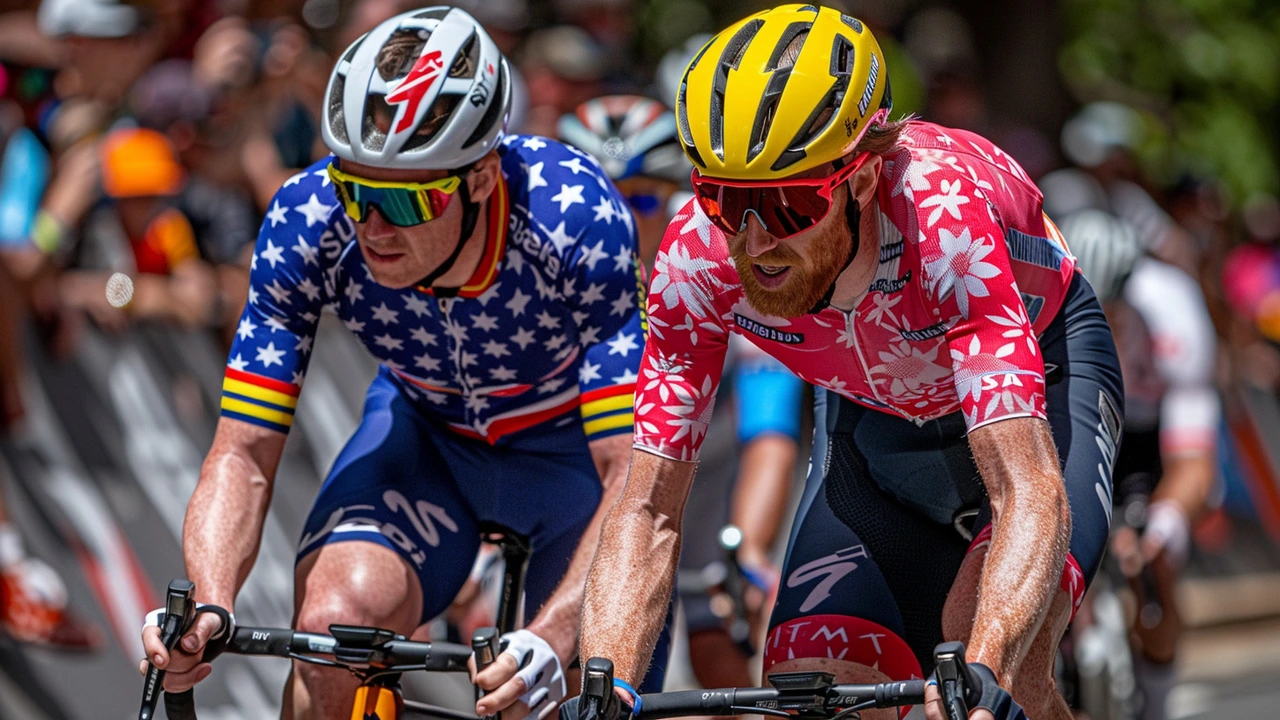
Stakeholders and Decision-Making
Centralized decision-making is another significant advantage of American sports leagues. In the NBA, for instance, league-wide decisions are made through a collaborative process involving team owners and central governance. This ensures that the league's best interests are prioritized. Professional cycling, with its scattered decision-making entities, could greatly benefit from a more streamlined, collective approach. It would foster unity among teams and stakeholders, paving the way for a more cohesive and fortified sport.
Additionally, the financial structure within American sports leagues offers insights. Revenue sharing ensures that even lower-performing teams remain financially viable, nurturing a competitive and well-balanced league. The emphasis is on the collective prosperity of the league rather than individual success. Such a model, when applied to professional cycling, could protect teams from the financial instability caused by fluctuating sponsorship deals. Riders like Tadej Pogačar, earning significant sums from teams like UAE Team Emirates, underline the disparity in earnings within the sport. A unified financial structure could help level the playing field.
Conclusion
As professional cycling stands at a crucial juncture, drawing lessons from the structured and financially resilient models of American sports leagues could herald a new era for the sport. The integration of centralized governance, private equity investment, and equitable revenue sharing could address the systemic financial vulnerabilities and foster growth. With the Tour de France as a catalyst, the sport is primed for transformative changes. Embracing these principles could secure a stable and prosperous future for professional cycling, echoing the successful paradigms of American sports.

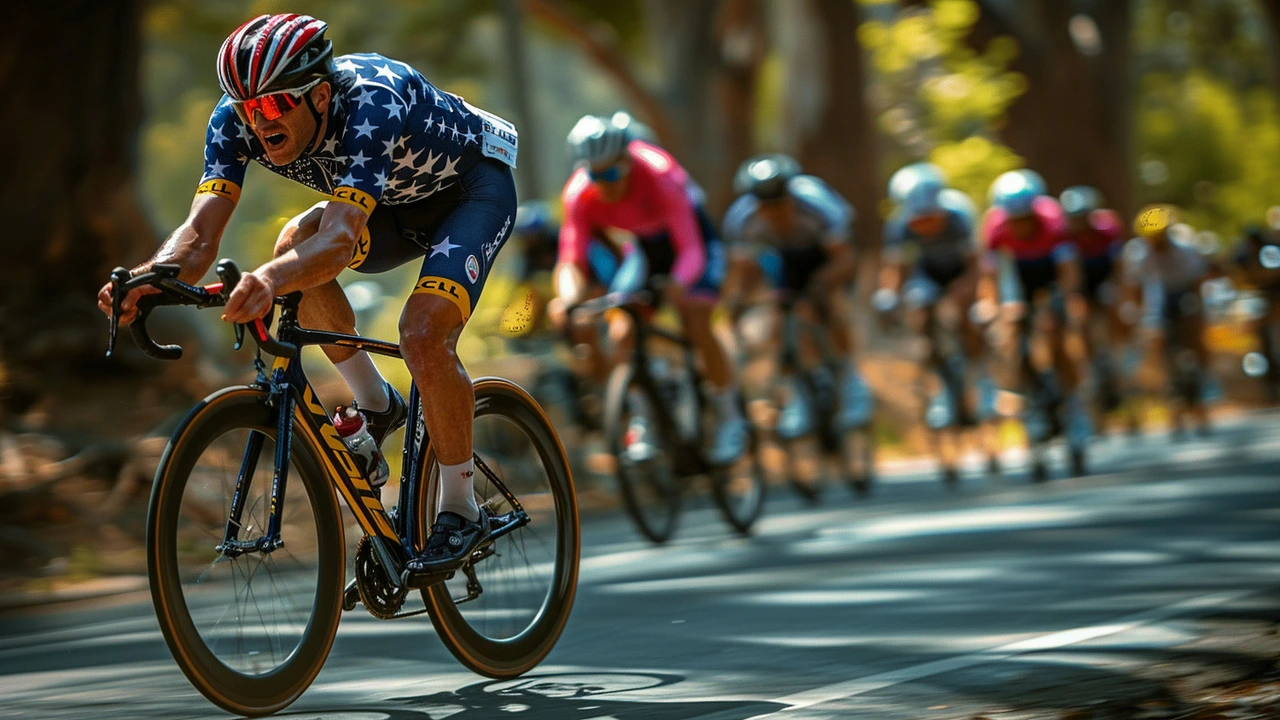

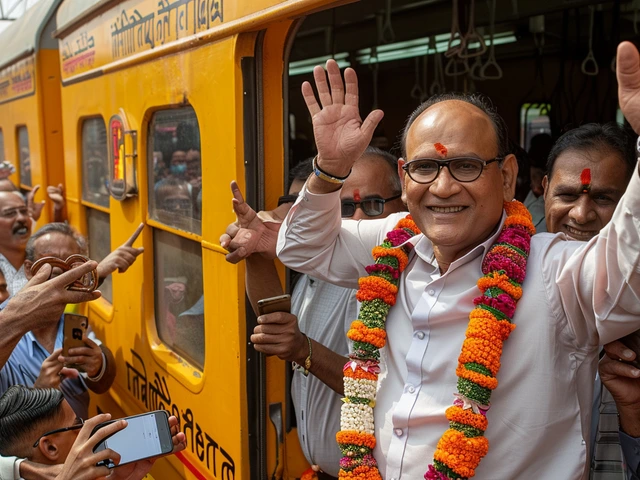
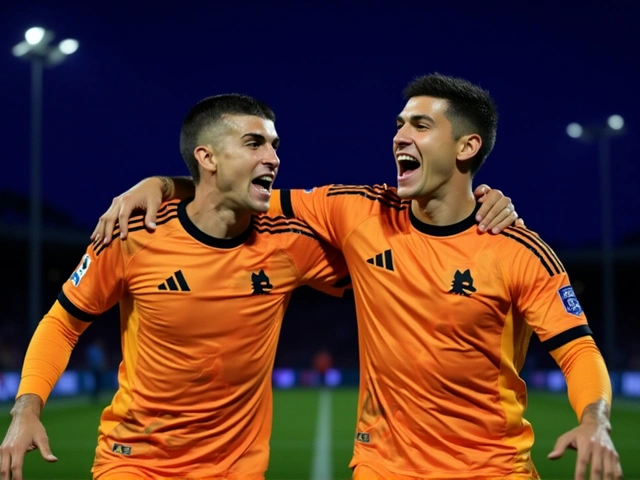
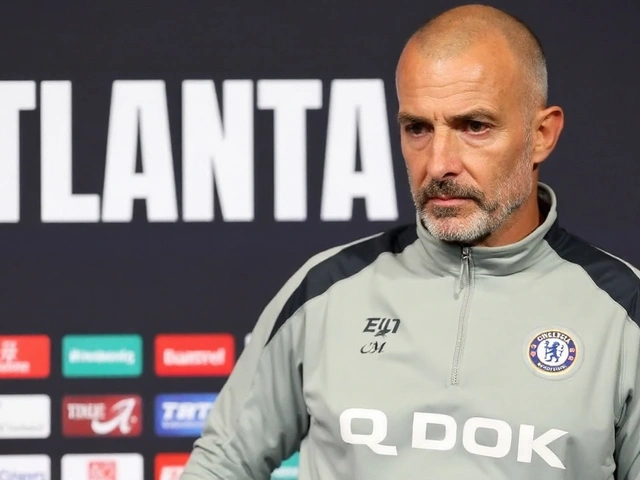
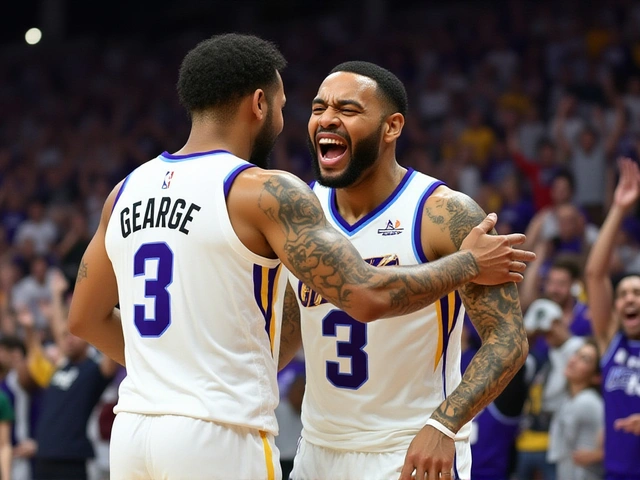
Lucille Nowakoski June 27, 2024
It's not that I don't see the appeal of American sports models, but cycling has its own rhythm. The drama isn't in corporate revenue shares-it's in a rider pushing through the Alps with nothing but grit and a half-empty water bottle. You can't monetize that. The soul of the Tour isn't in private equity-it's in the dusty villages cheering with homemade signs and wine bottles.
Maybe we need better sponsorship transparency, not NFL-style ownership. Let's fix the leaks before we build a new house.
And yes, I know Tadej makes bank. But so does the guy who fixes his chain at 5 AM in a Belgian garage. That’s the real story.
Benjamin Gottlieb June 28, 2024
Let’s deconstruct this with some epistemological rigor: the American sports paradigm is a neocapitalist hegemony masquerading as structural integrity. The NFL’s revenue-sharing model is not a virtue-it’s a containment strategy to preserve monopolistic control over labor and spectacle. Cycling’s decentralized nature, while chaotic, is organically democratic: teams rise and fall on merit, not league subsidies.
Private equity? That’s the Trojan horse. Once you let Wall Street into the peloton, you’re no longer racing for glory-you’re optimizing ROI on carbon fiber and VO2 max. The Tour de France isn’t a franchise; it’s a pilgrimage. Don’t turn it into a Bloomberg Terminal with pedals.
And don’t get me started on ‘centralized governance.’ That’s just another word for bureaucratic inertia wrapped in a Giro d’Italia jersey.
simran grewal June 29, 2024
Oh wow, so now we need to Americanize cycling because someone thinks it’s ‘unstable’? Let me guess-next you’ll want to replace the yellow jersey with a branded hoodie and add halftime shows with TikTok dancers.
You think European teams are unstable? Try running a team in India with zero sponsors and riders who pay their own flights. At least here, someone’s still paying for the bikes. Your ‘stable’ American model? That’s just rich white guys owning teams while the athletes get paid in exposure.
Go watch a local criterium in Kansas and tell me that’s the future. The Tour doesn’t need your capitalism. It needs more damn respect.
Angela Harris June 29, 2024
I like the idea of more consistent funding. But I also like that teams can still be small and weird. Like that one team from Luxembourg that still uses hand-me-down helmets. That’s part of the charm.
Maybe just… fix the sponsorship contracts? Not rebuild the whole thing.
Vinay Menon June 29, 2024
There’s truth in both sides. American leagues bring structure, yes-but cycling’s beauty lies in its unpredictability. A team can collapse overnight because a sponsor pulls out, but then a new one rises from a small town in Brittany with a bakery and a dream.
What if we didn’t copy the NFL, but adapted its best practices? Like a central fund for team insurance against sponsor loss, or a shared media pool for smaller teams? Not full ownership, but shared resources.
And honestly, I’d love to see more African teams in the Tour. Not as tokens. As equals. That’s real progress.
Doloris Lance June 29, 2024
Let’s be clear: this isn’t about stability. It’s about commodification. You want to turn the Tour into a corporate product? Fine. But don’t pretend you’re saving the sport. You’re burying it under a pile of sponsor logos and ESPN highlights.
The UCI already has enough bureaucracy. Adding private equity means even fewer voices from the peloton. The riders are already treated as disposable assets. Do you really want to make them shareholders in their own exploitation?
And don’t give me that ‘competitive balance’ nonsense. The Tour isn’t the NBA. It’s not supposed to be balanced. It’s supposed to be brutal. That’s why we watch.
Carolette Wright June 30, 2024
Ugh. I just want to watch the race without thinking about money. Can’t we just let the riders be heroes for once? Why does everything have to be a business model? I’m tired.
Also, who even has time for this? I just want to see who wins on Alpe d’Huez.
Beverley Fisher July 1, 2024
I love how passionate everyone is about this! Honestly, I just want the Tour to keep being magical. But if someone can make it less stressful for the teams without losing the soul… I’m all ears.
Also, can we talk about how Tadej’s smile is the real MVP? No sponsor can buy that.
Anita Aikhionbare July 1, 2024
Why are you all so obsessed with American models? We have our own ways of surviving. Nigeria has no Tour de France team, but we have cyclists who ride 60km to school on bikes made of scrap metal. That’s real resilience.
You don’t need private equity-you need equity. Give African riders a real shot. Not as charity. As champions.
Stop trying to fix what isn’t broken. Just open the door.
Mark Burns July 1, 2024
Okay, but imagine if the Tour had a draft. Like, the top 10 young riders get picked by teams in a live televised event. Imagine the ratings!
And what if the yellow jersey had a TikTok filter? Like, your face lights up when you’re in the lead? I’d binge-watch that.
Also, can we get a celebrity team? Like, one team owned by Justin Bieber? I’d pay for merch.
JUST SAYIN’.